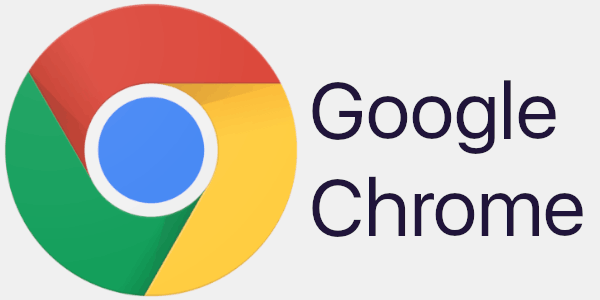Google today revealed a couple of changes that will be done to Google Chrome in the future. The browser will prevent sites from managing third-party cookies, e.g. from setting the cookie trackers which spy on users over the Internet. Also, Google wants to drop the User Agent line to stop differentiating browsers by it. The company offers an alternative, which instead will briefly report supported features and capabilities.

In August 2020, Google announced their 'Privacy Sandbox' initiative, which aims to preserve and protect user's privacy. The cookie processing change is part of this initiative. An official blog post sheds some light on it.
Advertisеment
Google will drop support for third-party cookies in the Chrome browser in two years. Also, the company will start limiting cross-site tracking by enforcing its new SameSite rules. This will already happen in February, 2020. In addition, Chrome will require all third-party cookies to be accessible only through an HTTPS connection.
User Agent
Another change Google is going to invent is to make the User Agent ID obsolete. The reasons behind it are as follows:
The User-Agent string is an abundant source of passive fingerprinting information about our users. It contains many details about the user’s browser and device as well as many lies ("Mozilla/5.0", anyone?) that were or are needed for compatibility purposes, as servers grew reliant on bad User Agent sniffing.
On top of those privacy issues, User-Agent sniffing is an abundant source of compatibility issues, in particular for minority browsers, resulting in browsers lying about themselves (generally or to specific sites), and sites (including Google properties) being broken in some browsers for no good reason.
The above abuse makes it desirable to freeze the UA string and replace it with a better mechanism. There have been past attempts at UA string freezing from the Safari team, but without an alternative way to perform UA based content-negotiation, they had to be partially reverted.
Google says the first step they will take is to strip access to User-Agent strings with the release of Google Chrome 81 in March 2020. With Google Chrome 83 in June 2020, the browser won't receive updates for the UA string, it will remain unchanged.
User-Agent Client Hints
As an alternative to User Agent, Google offer a new User-Agent Client Hints feature. It will share browser details only if the browser allows it to. The browser will share a minimal volume data requested by the server, following the Privacy Sandbox idea.
Support us
Winaero greatly relies on your support. You can help the site keep bringing you interesting and useful content and software by using these options:
